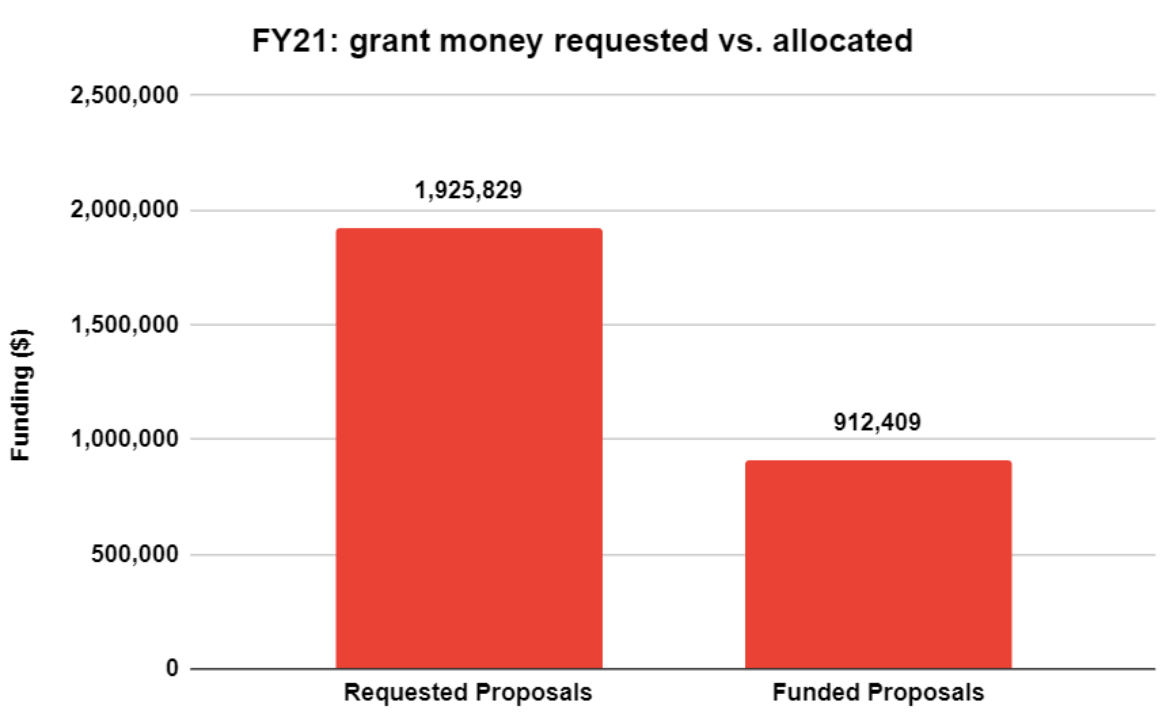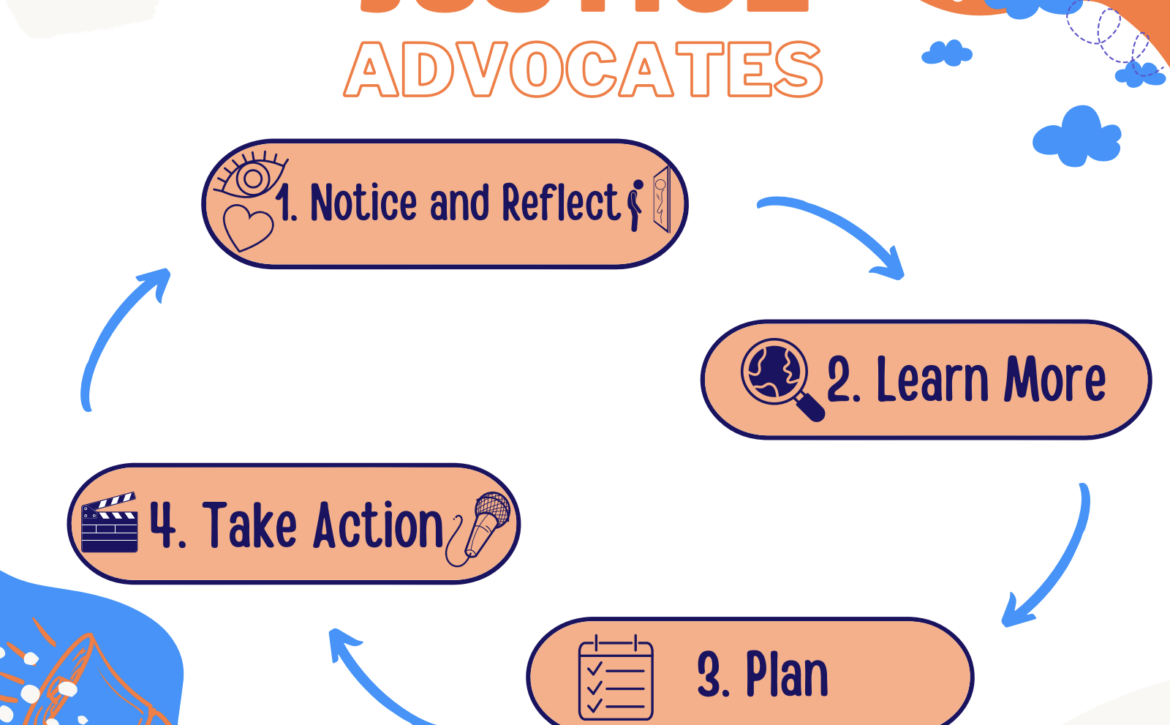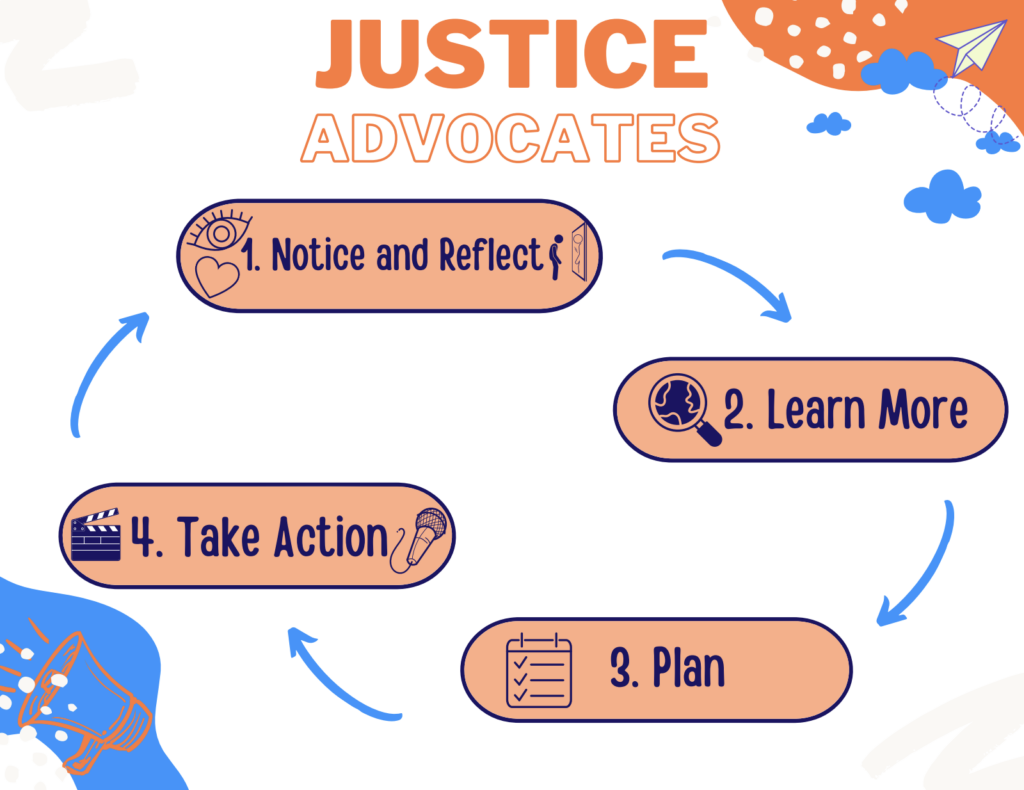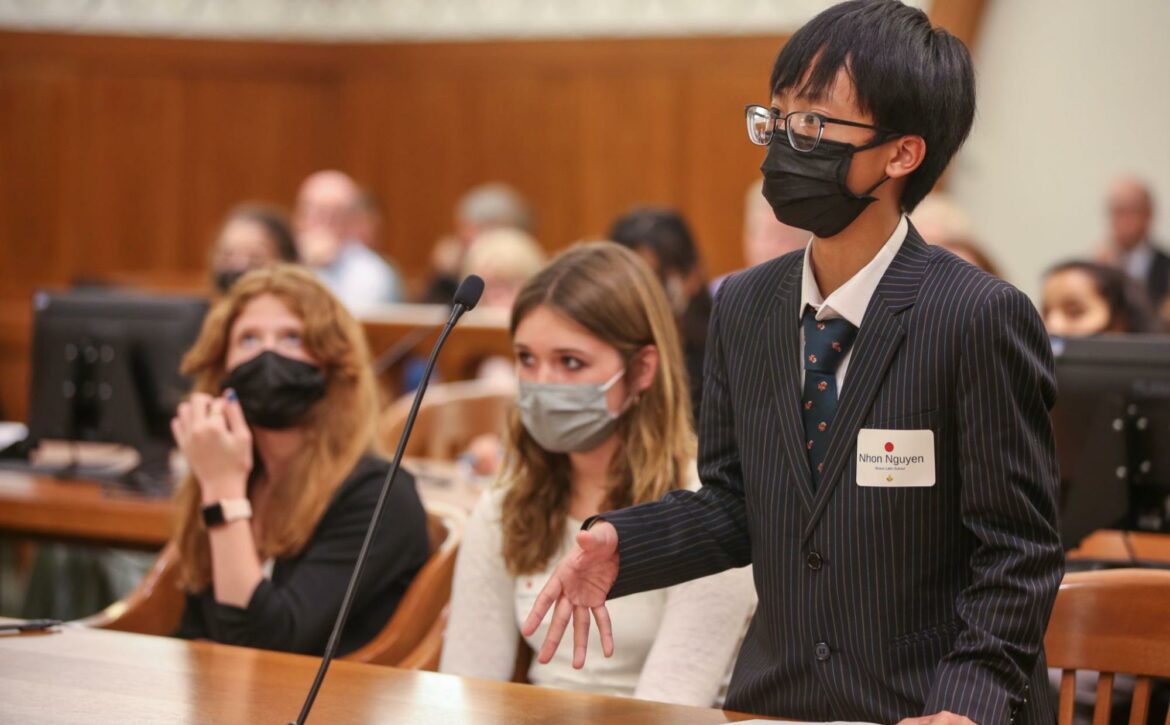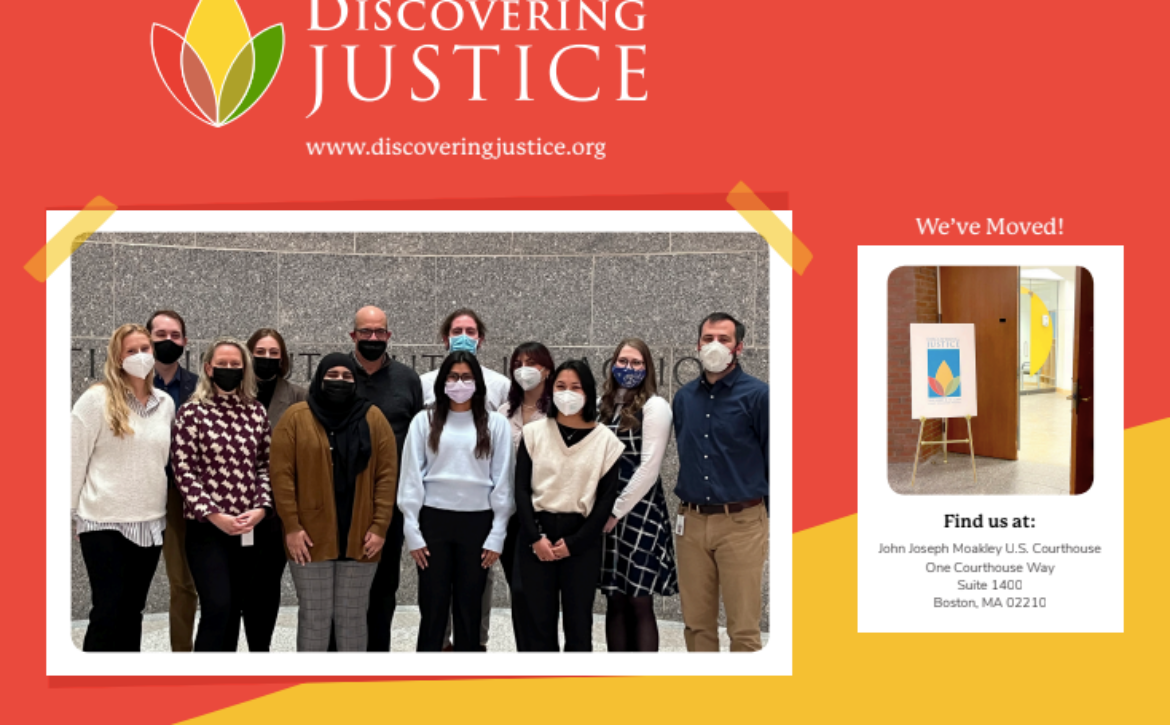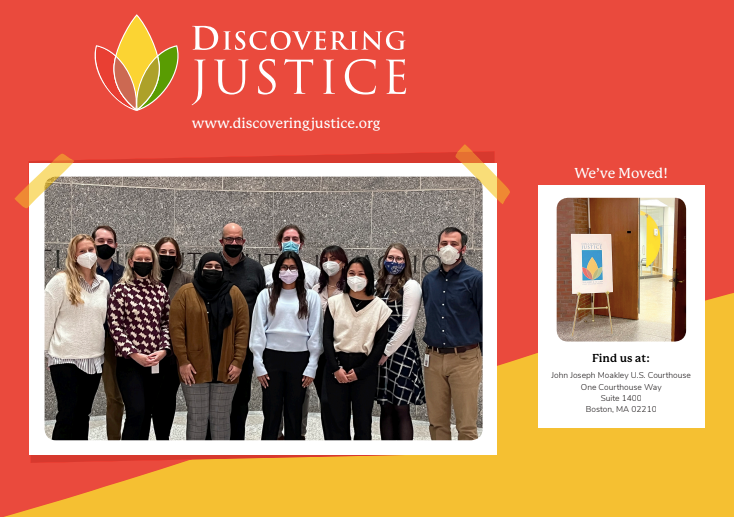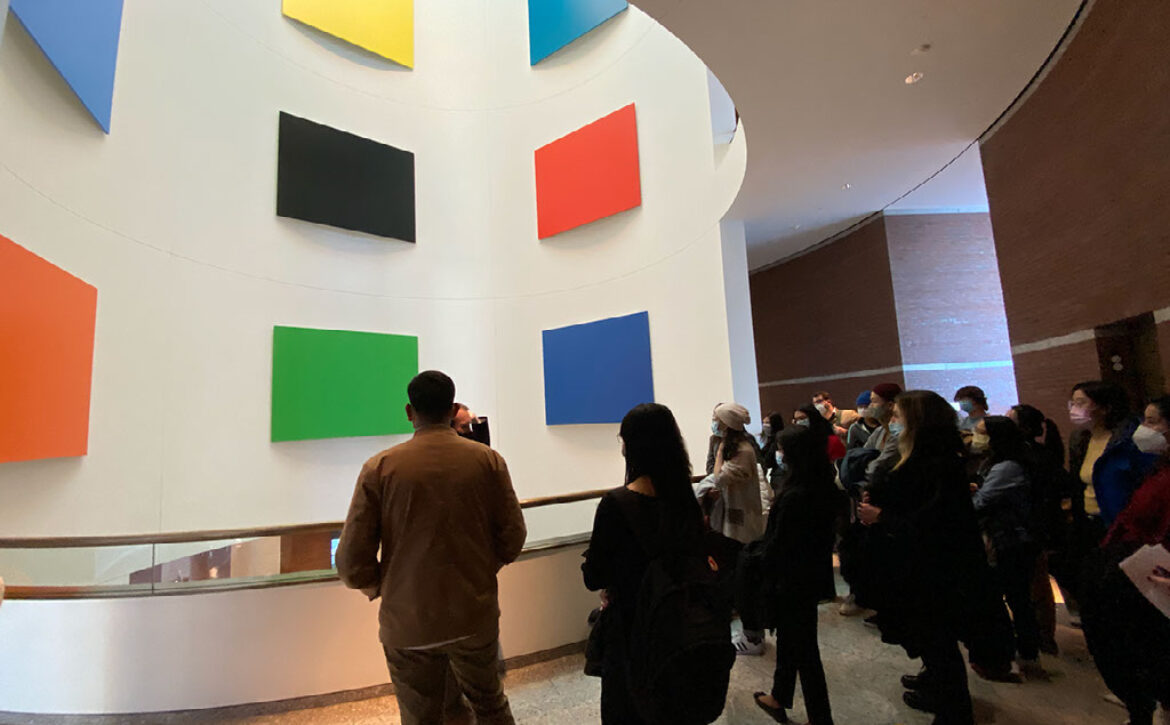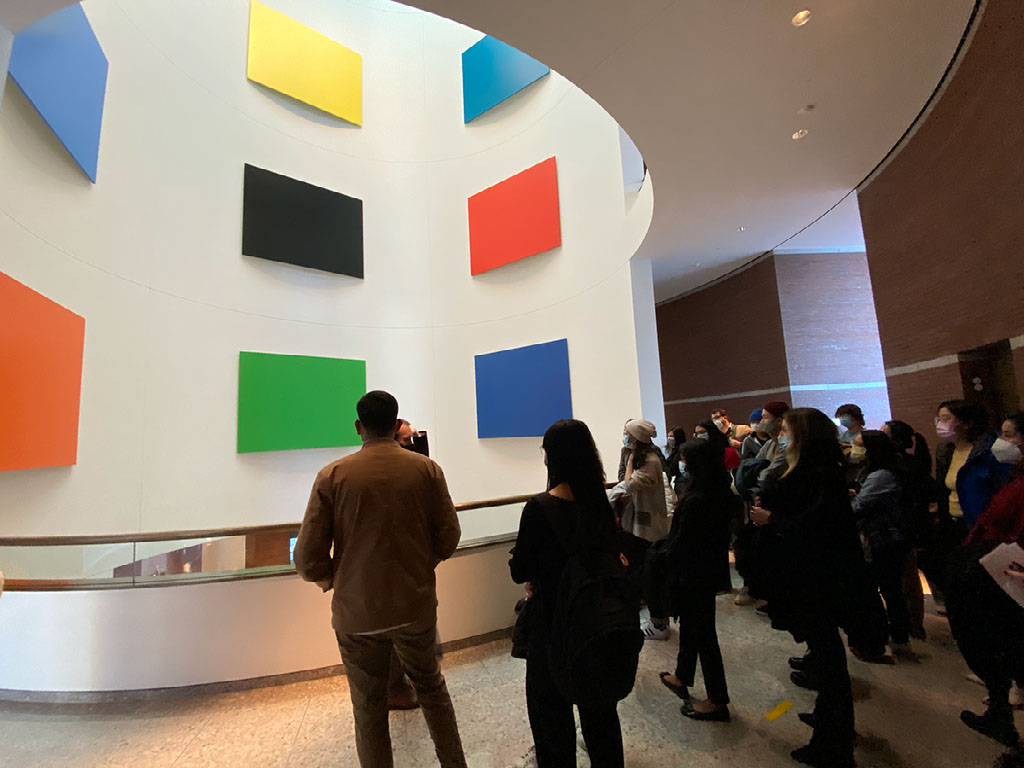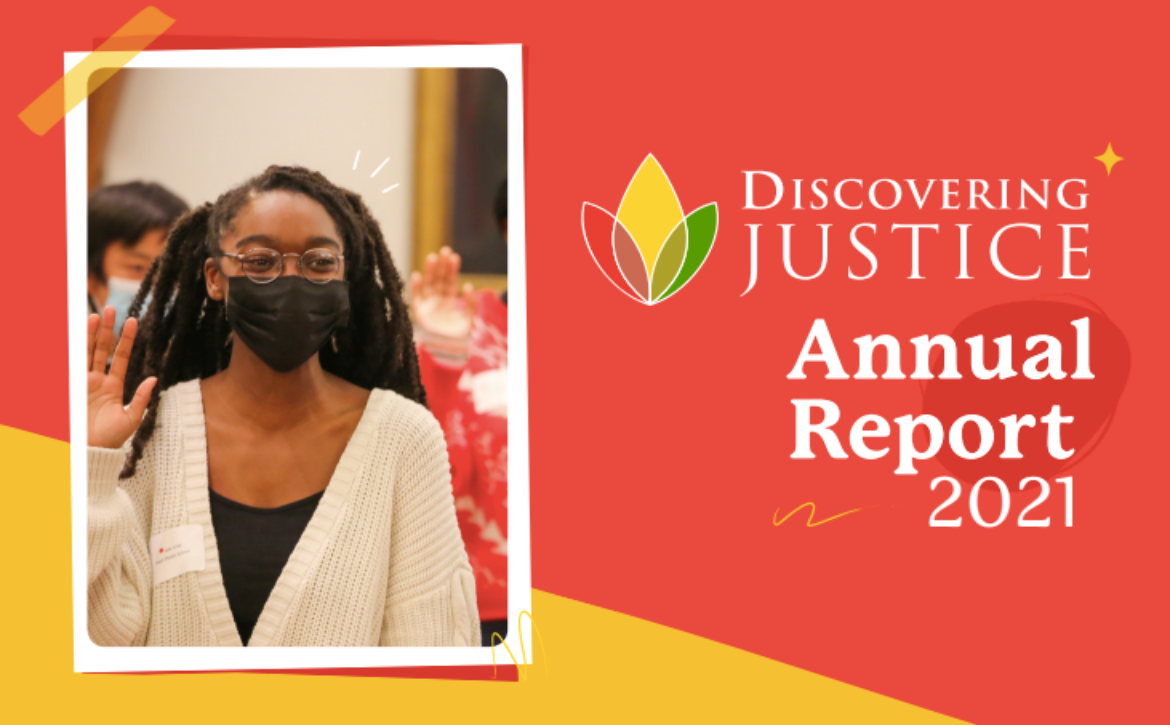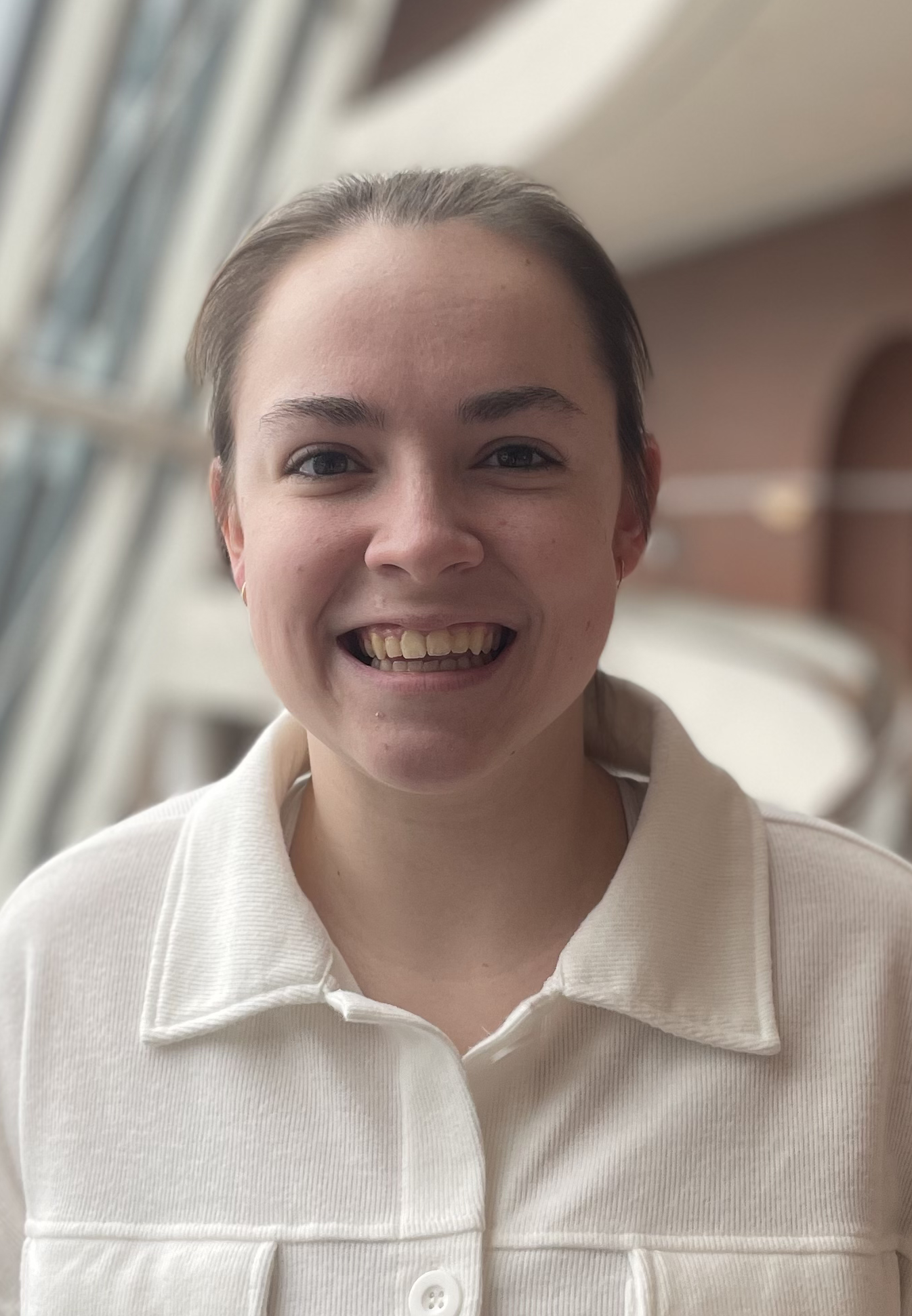Massachusetts Legislature Votes 33% Increase in Civic Education Funds
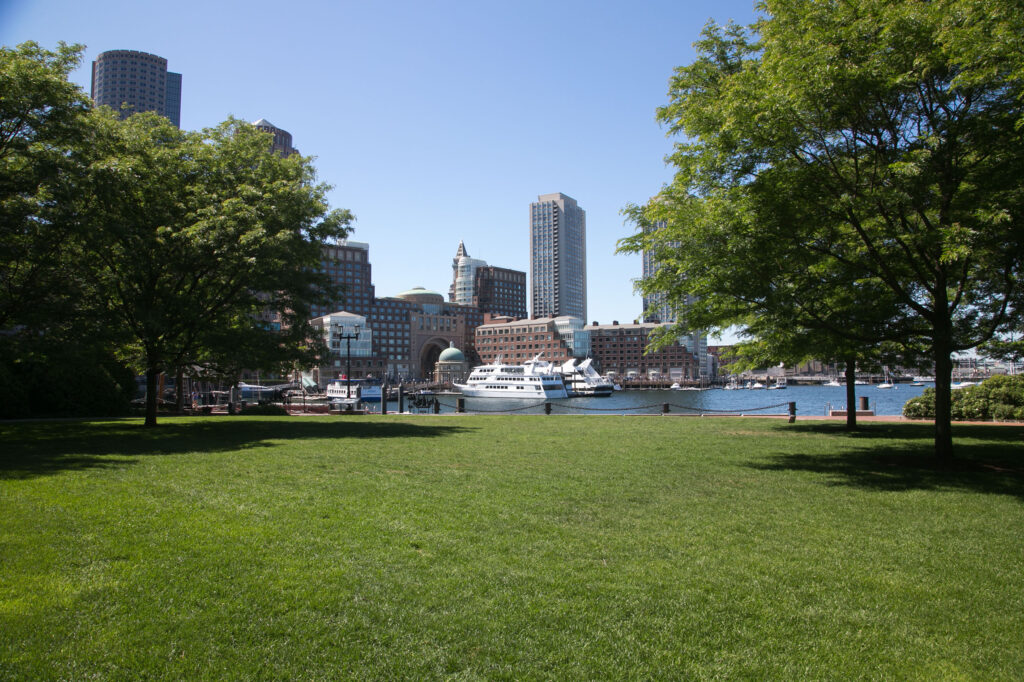
On Monday, the Massachusetts Legislature voted to increase funding to the Civic Project Trust Fund to $2M, increasing the amount of resources flowing into state and local education word choice?to develop and run civic education programs.
As Advocacy Chair for the Massachusetts Civic Learning Coalition (MCLC), Discovering Justice Executive Director Matt Wilson, helped coordinate a campaign this spring to increase the Commonwealth’s investment in civic education.
Wilson and Advocacy Fellow Ana Ali worked with the 50+ member MCLC coalition through the Legislature’s budget process to increase the money that needs rephrasing. Senators Harriette Chandler, Becca Rausch, and Representative Linda Dean Campbell led the successful campaign from inside the State House.
“Local school systems need resources to update their curriculum and prepare their teachers to teach students the skill they need to engage in civic activity. Thanks to the legislature for giving civic education a big boost for the coming year,” said Wilson,
In 2018, the Massachusetts Legislature passed, and Governor Baker signed, the 2018 Civic Education Bill that re-established civic education as a core subject for Massachusetts students and required them to do civic projects in 8th Grade and high school.
Massachusetts has long been ranked as having one of the top civic education programs in the nation, yet most school systems in the Commonwealth do not have comprehensive K-12 civic education programs. Many students do not have access to programs to learn the workings of our democracy and to develop the skills necessary to effectively engage in civic action. Gateway Cities, which have high BIPOC populations and have under-resourced school systems, are particularly in need of support and resources. In particular:
Few schools have comprehensive 8th grade civic project programs. Even fewer high schools have set up programs to meet the civic education project requirements of the legislation.
Most teachers do not have access to Professional Development for their civic education teaching.
School systems often lack access to quality civic education curriculum, especially in Grades K-5.
The Civic Project Trust Fund does not provide adequate resources for school systems to develop and implement their civic education curriculum. Over the past two years, only 32% of the grant proposals to the Fund were funded.
- This $500,000 increase in the budget will be used to :
Provide more local grants to help school systems set up and implement civic education curriculum and programs.
Fund the creation of Professional Development Hubs, regional centers for K-12 community based professional development to help teachers effectively teach civic education.
Work with DESE and others to create innovative curriculum resources for school systems for grades K-12.
Work with our partners to support the Commonwealth Civics Challenge to showcase students civics projects which highlight student civic engagement.
